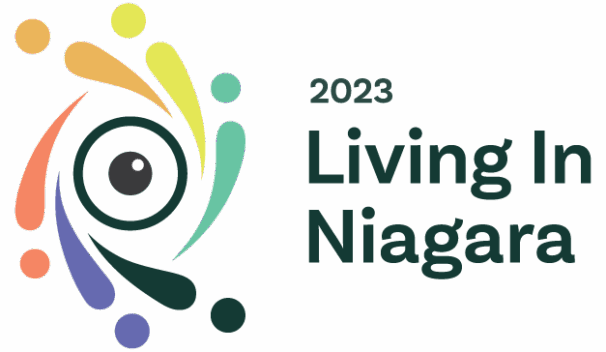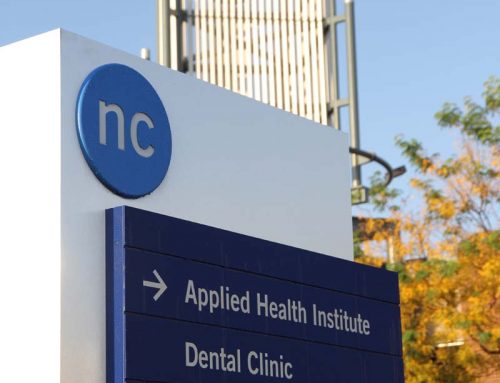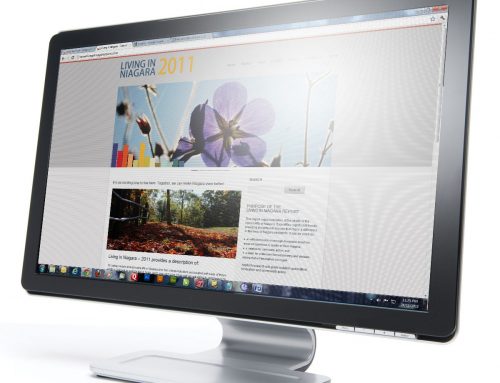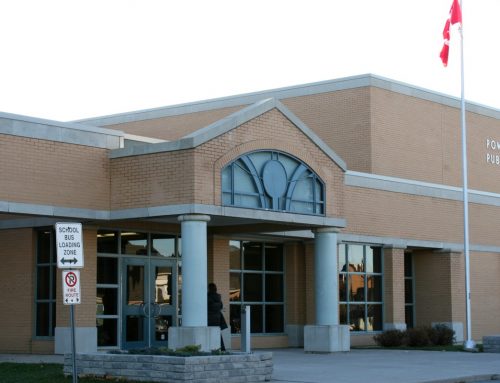[button_link style=”green large” url=”https://www.livinginniagarareport.com/wp-content/uploads/Living-In-Niagara-report-2011-Learning-and-Education-in-Niagara.pdf”]Click here to download a PDF of the summary version of this sector.[/button_link]
Evidence of support for early learning for children and youth, as well as lifelong learning for all ages is a measure of a region’s success and the health of its citizens. Learning for employment, living together and quality of life strengthens all of us. Work, creativity, prosperity and health are all linked to education and literacy. Continual building of a strong learning community with a capacity for knowledge exchange and generation in Niagara will help our citizens to have the skills and creativity to deal with change, to work in the new economy and innovate together.
What we are doing well…
Niagara is well-served by its many schools, learning institutions and organizations that offer literacy services, education, skills development, professional development, and English as a Second Language (ESL). There are many learning opportunities for both residents and those who come to our region for an education. Brock University, Niagara College, the District School Board of Niagara, the Niagara Catholic School Board, the Conseil scolaire de district catholique Centre-Sud and the Conseil scolaire public de district Centre-Ouest contribute to our investment in the education of children, youth and adults. While Niagara rates are comparable or higher than Ontario for high school completion and trades certificates, significantly fewer people in Niagara complete a university education. Access to the internet from home, work and libraries is increasing. Niagara school boards are making great strides in the performance of our students on the provincial EQAO (Education Quality and Accountability Office) tests.
By working together, we can improve learning and education in Niagara
Increased post-secondary completion rates, and support for literacy levels across the region will assist our citizens to be educated, employed, to earn a living wage and to be able to function safely and well in society. Access to the internet is at an all time high in Canada. While Niagara citizens’ internet access from home, work and libraries is increasing, we are still slightly behind compared to other parts of the nation. Educating for the skills of a new economy is a challenge that must be met by Niagara.
Emerging Activity
- The Niagara Children’s Charter Enacted reports on Niagara’s positive steps to shape education and services for children.
- The Early Development Instrument (EDI), through Niagara’s neighbourhood mapping, has identified areas that are strong, and ones that are suppressed.
- Full-day kindergarten is being implemented across Niagara and may have positive impacts on children, families, employment levels and the economy.
- The Early Years Niagara Planning Council is overseeing planning and strategic directions for improving the lives of children in Niagara.
Suggested Action Steps
that emerged from the data, and discussions with community expert opinion leaders:
- Continue to support educational organizations and the community to increase post-secondary completion rates in Niagara.
- Support work being done to facilitate accessible pathways across education streams, institutions (college to university; university to college) and programs.
- Maintain the advances made in our school systems in testing and EQAO achievement results.
- In collaboration with adult literacy partners, undertake and resource a comprehensive and collaborative regional and area mapping of current literacy rates and issues and set new targets for Niagara-wide action.
- Continue to embrace full-day kindergarten as part of a broader transition toward a comprehensive early learning and childcare system to meet the needs of Niagara families and children.
- Describe and analyze the impact of full-day kindergarten on children; families; employment; and Niagara’s economy.
- Support the approaches and actions outlined in the four pillars of the Niagara Early Years Planning Council strategy: families are strong, stable and connected; children are healthy; children are learning; and children are safe.
- Explore The Search Institute’s 40 Developmental Assets Model across sectors, to prepare youth to create their own healthy future.
[call_to_action title=”Expert Opinion Leader Rating” tag_line=”A lot of progress being made.” button=”3b” link=”JavaScript:alert(‘A lot of progress being made.’);”]








